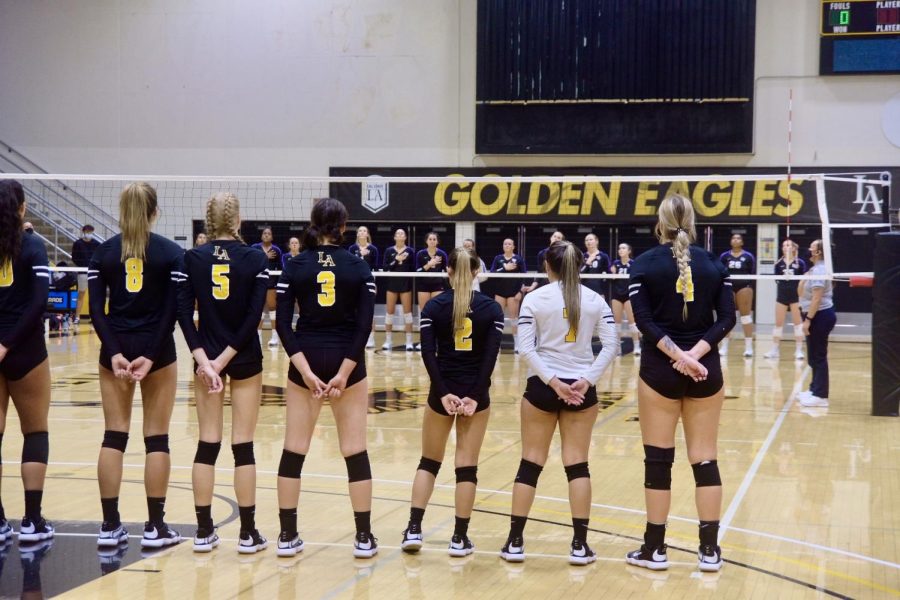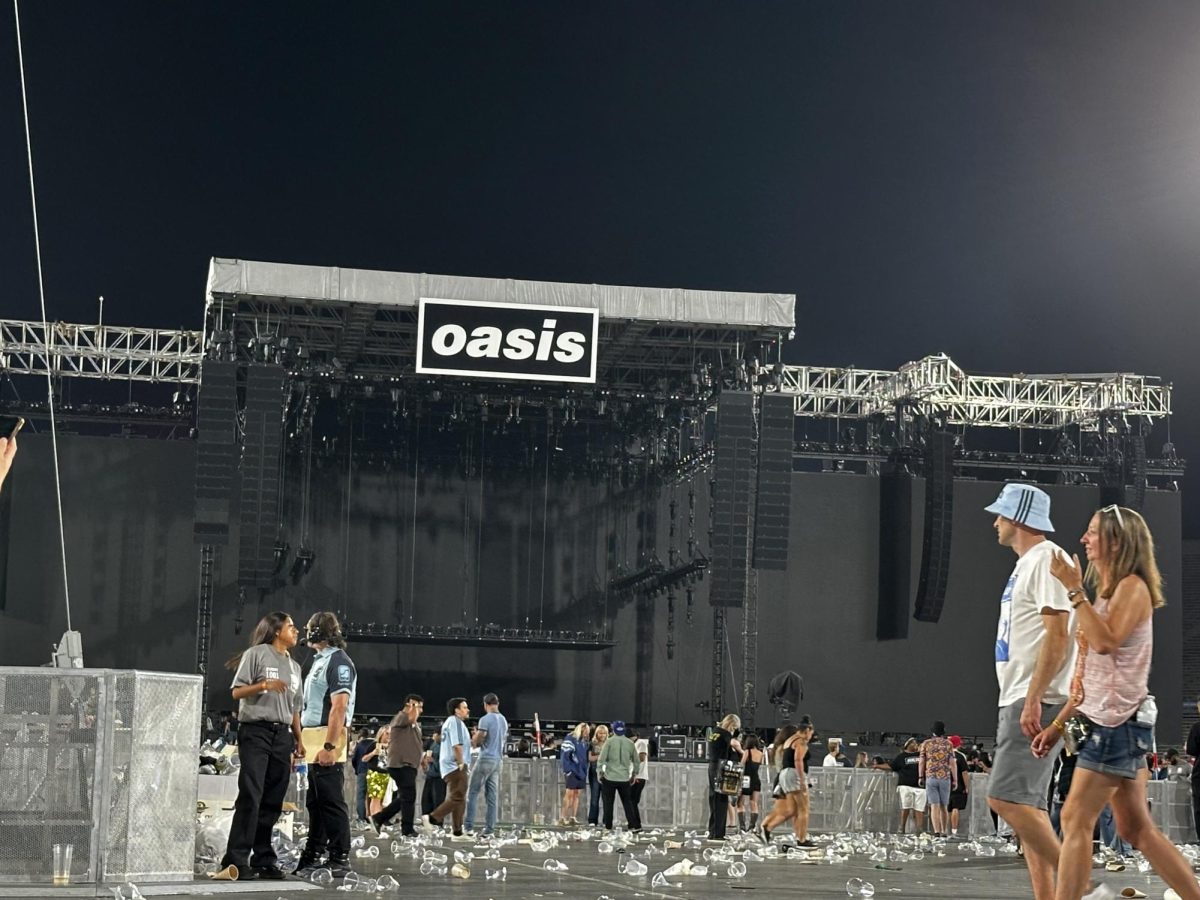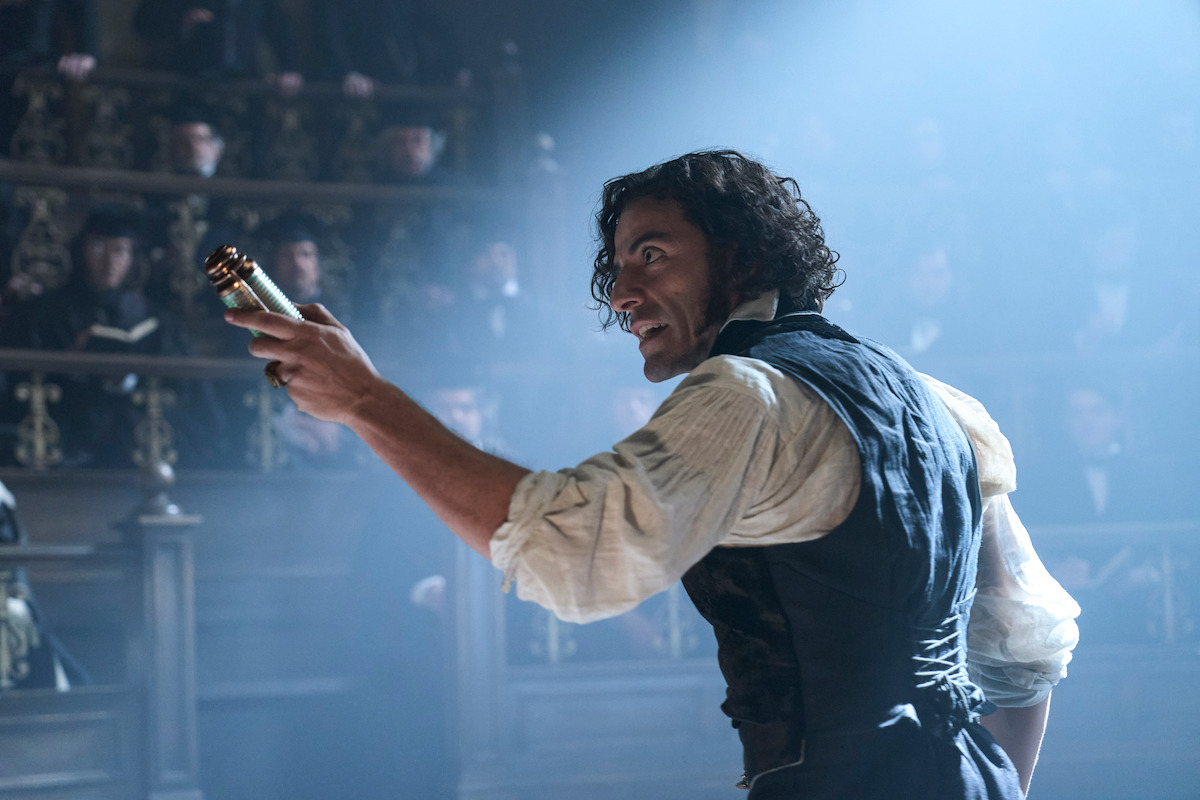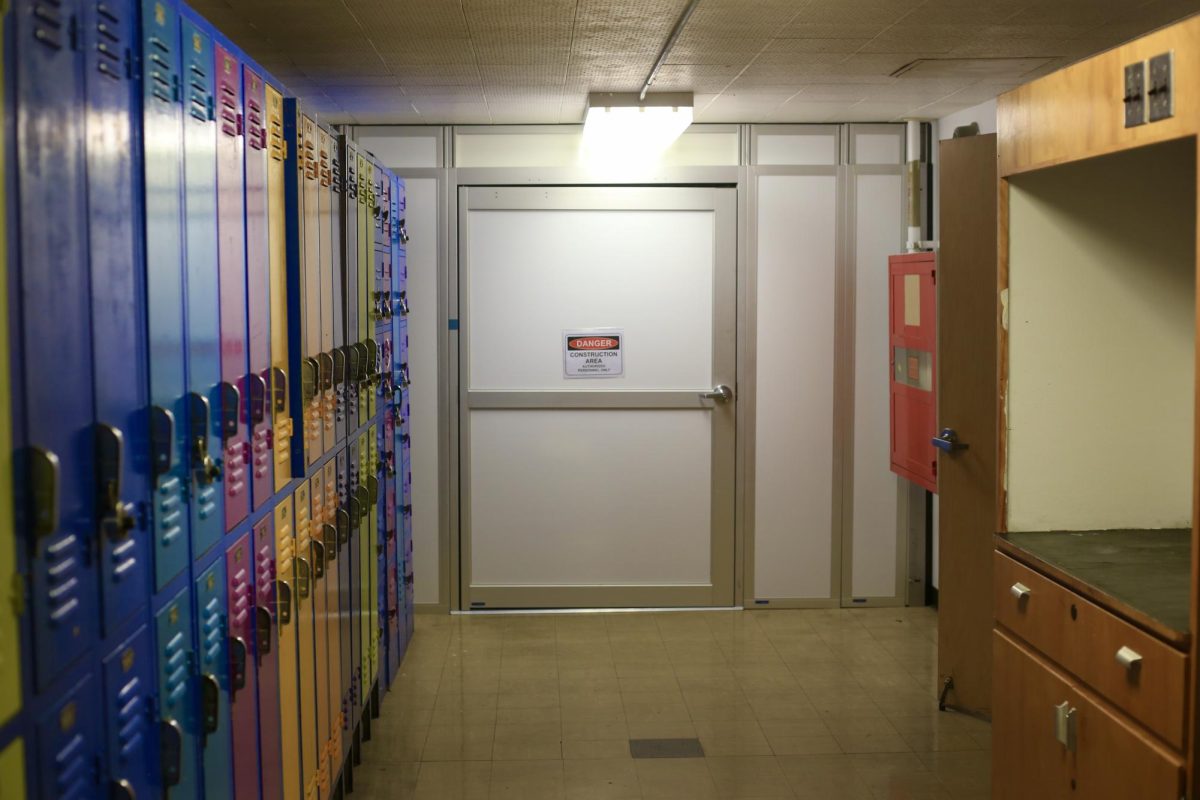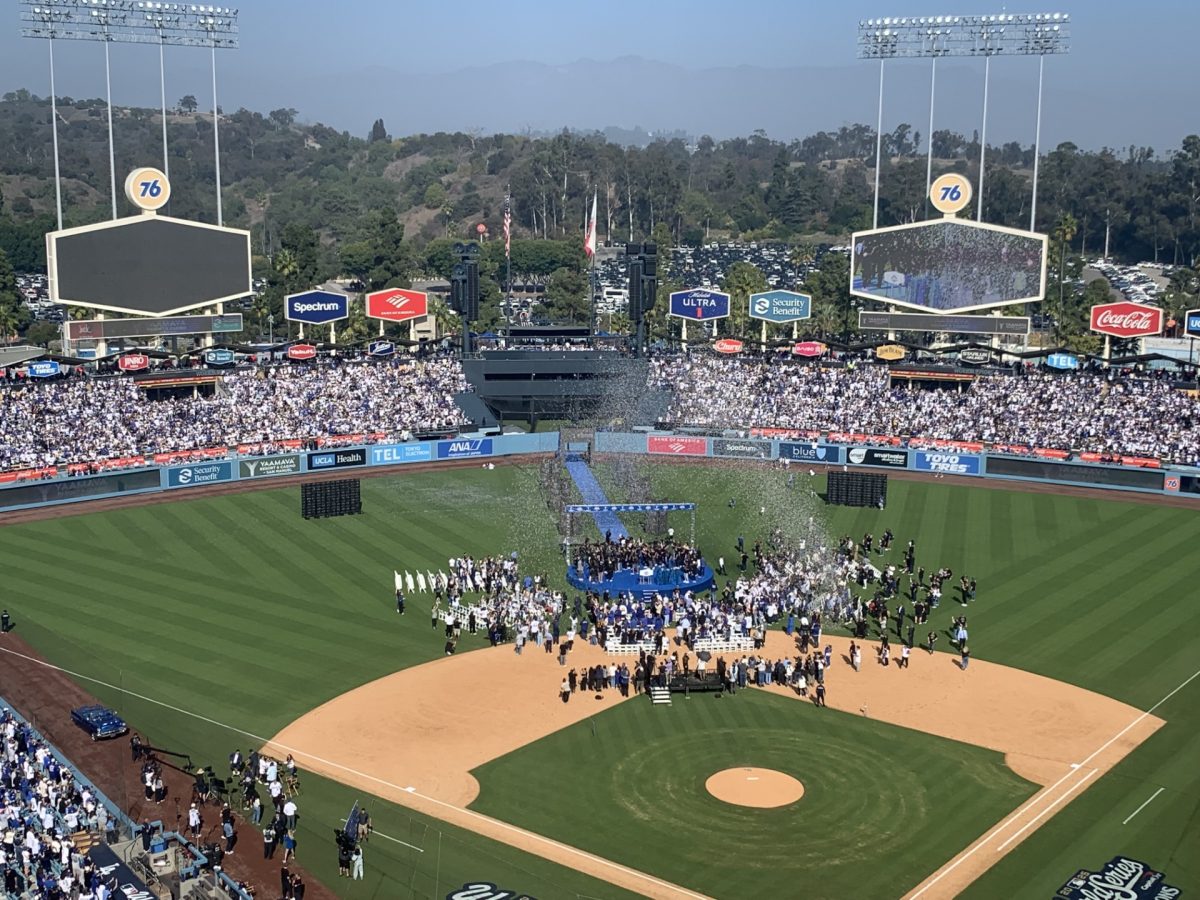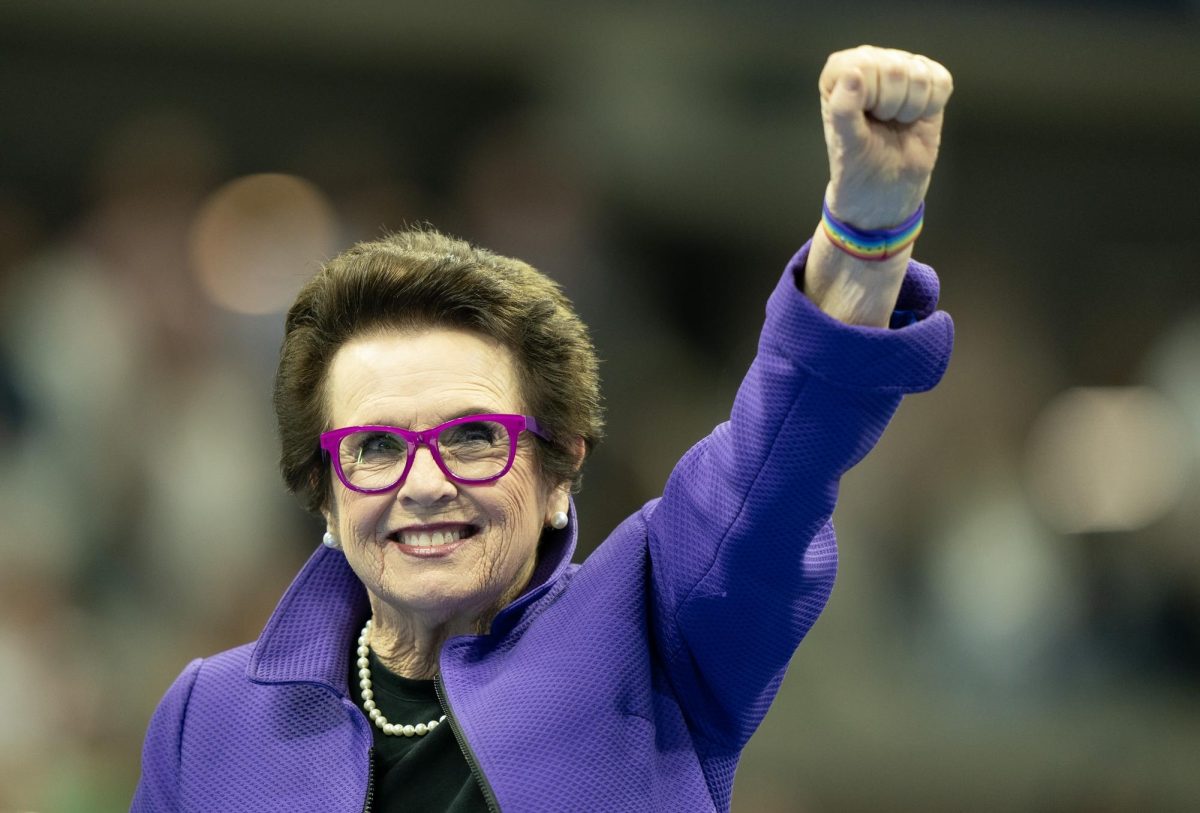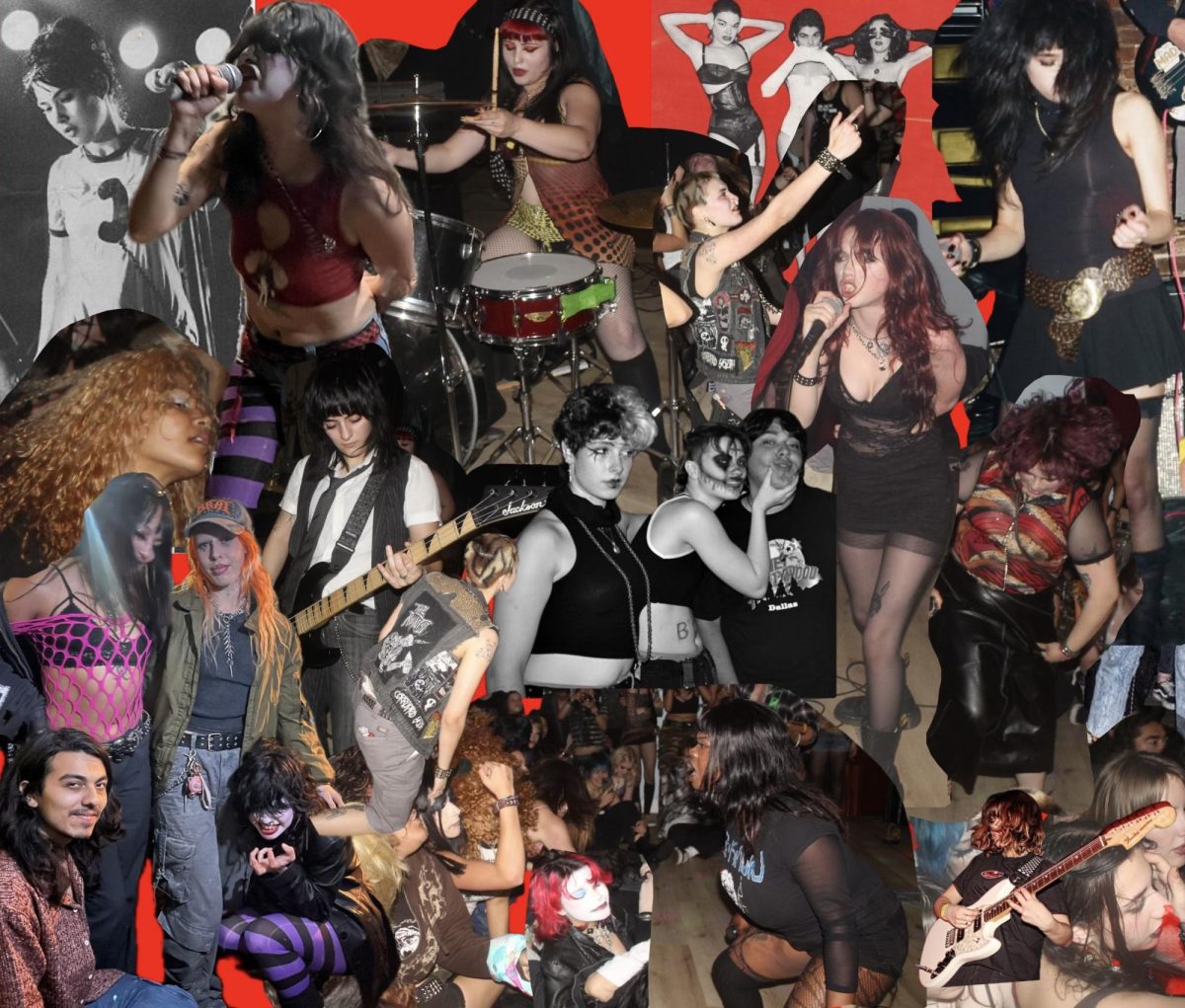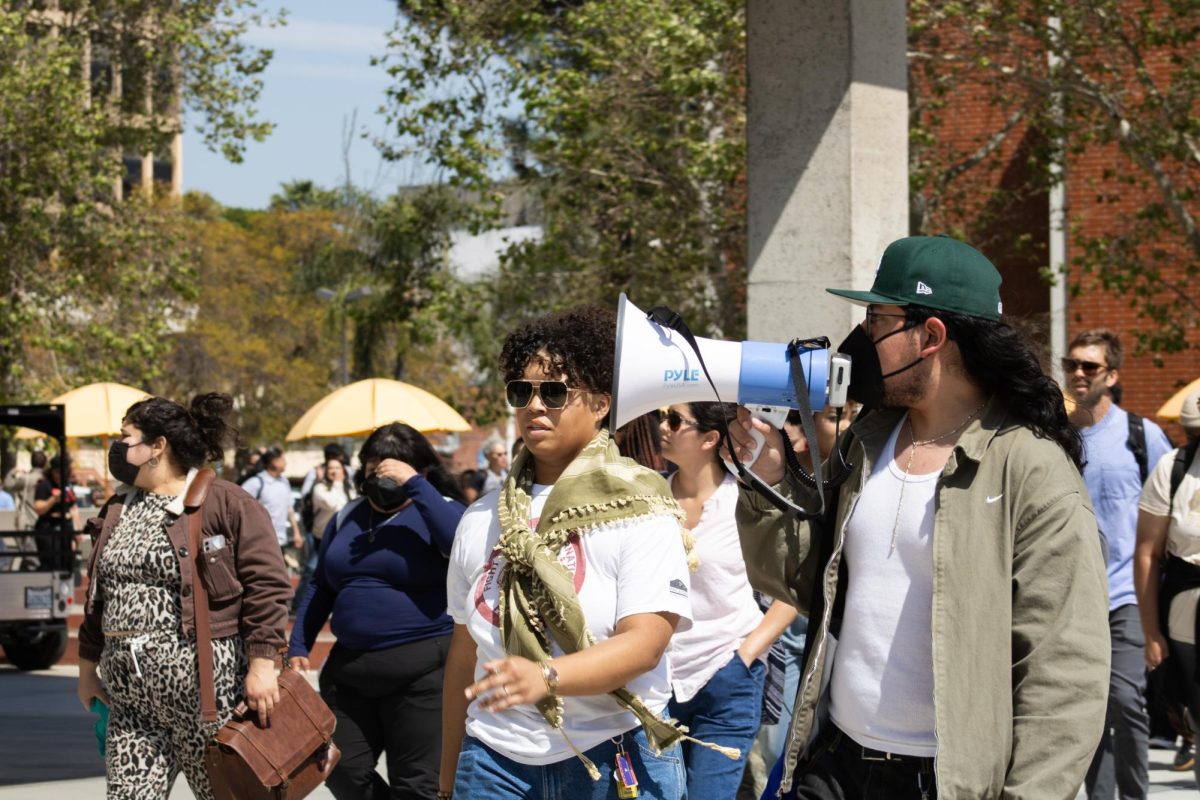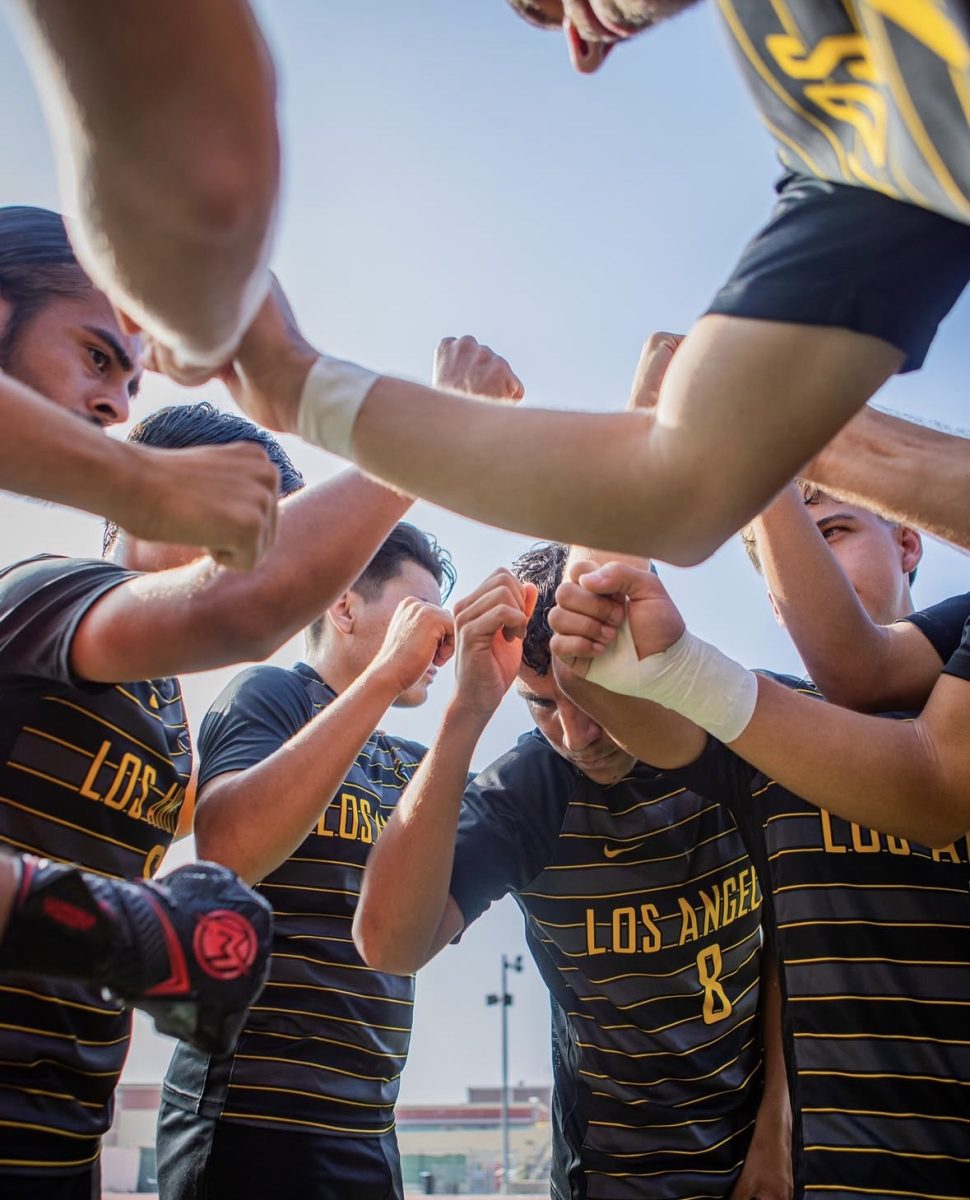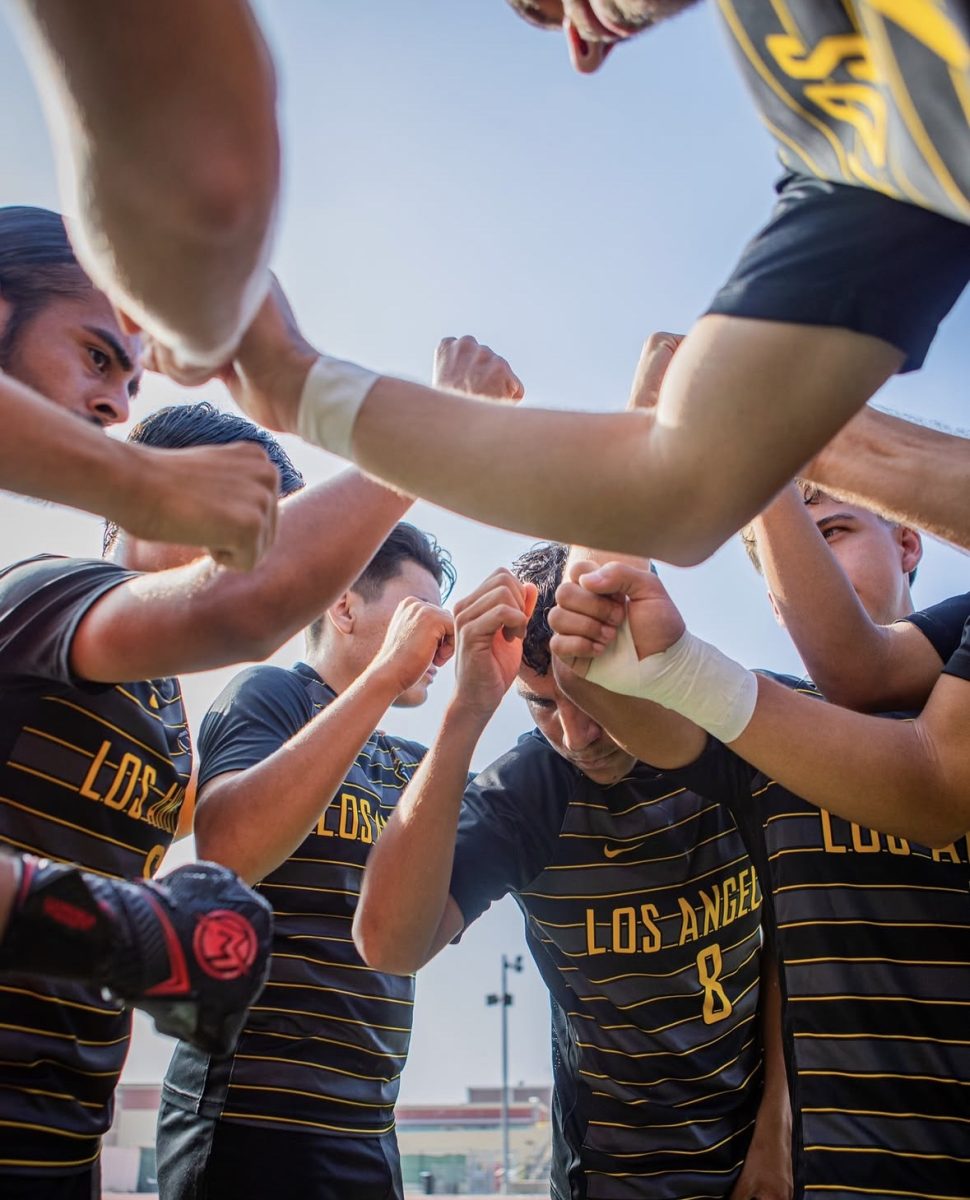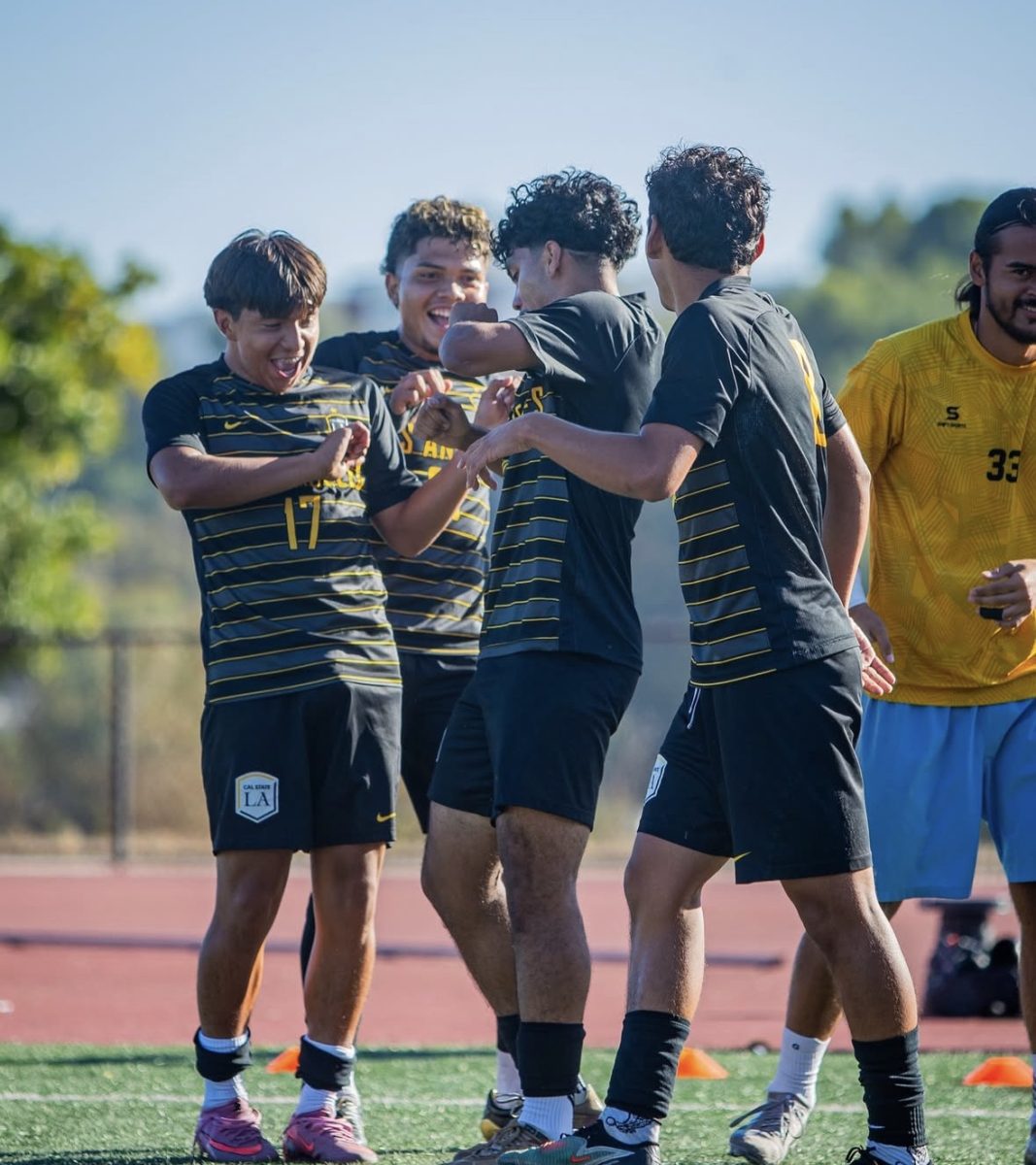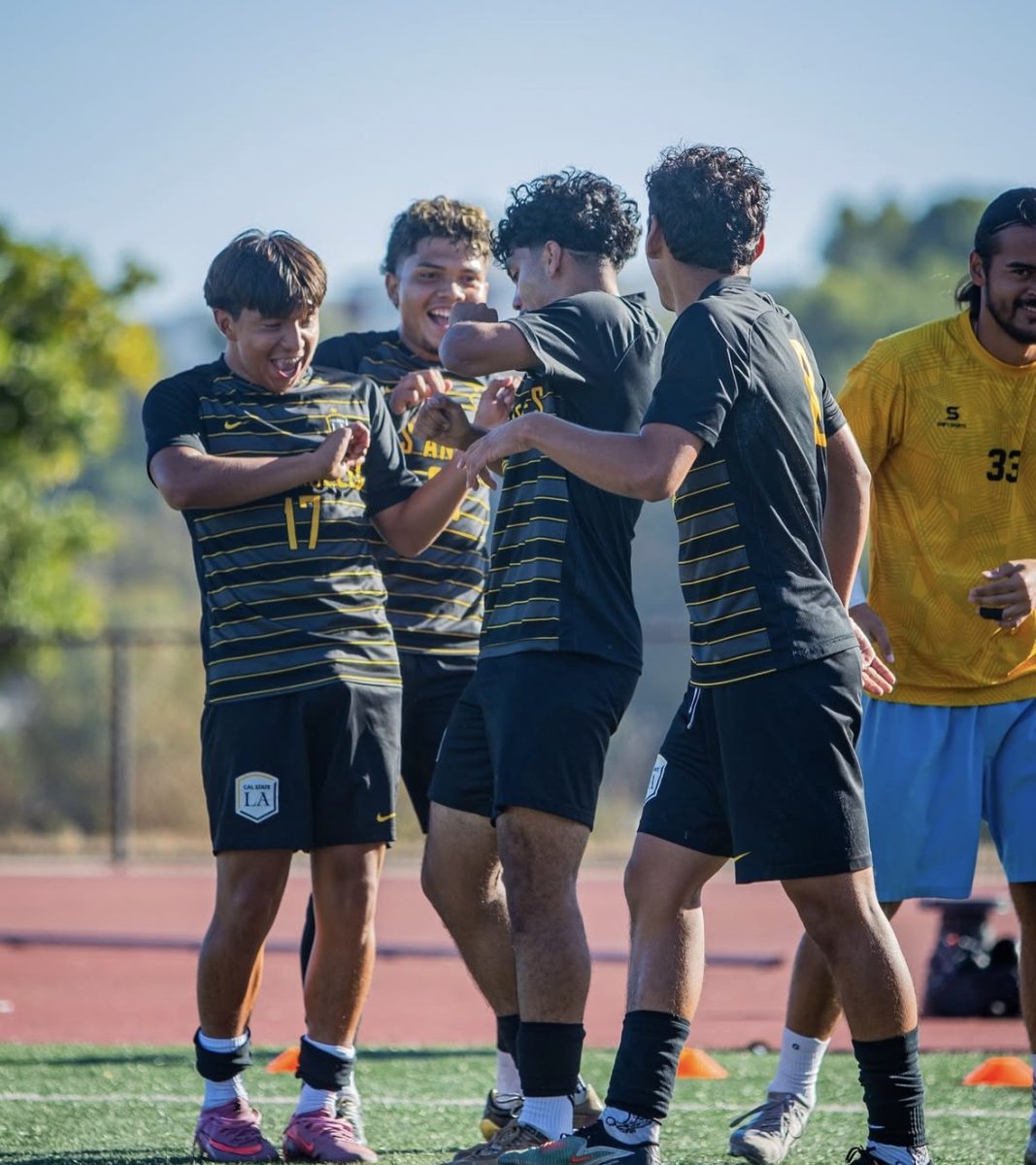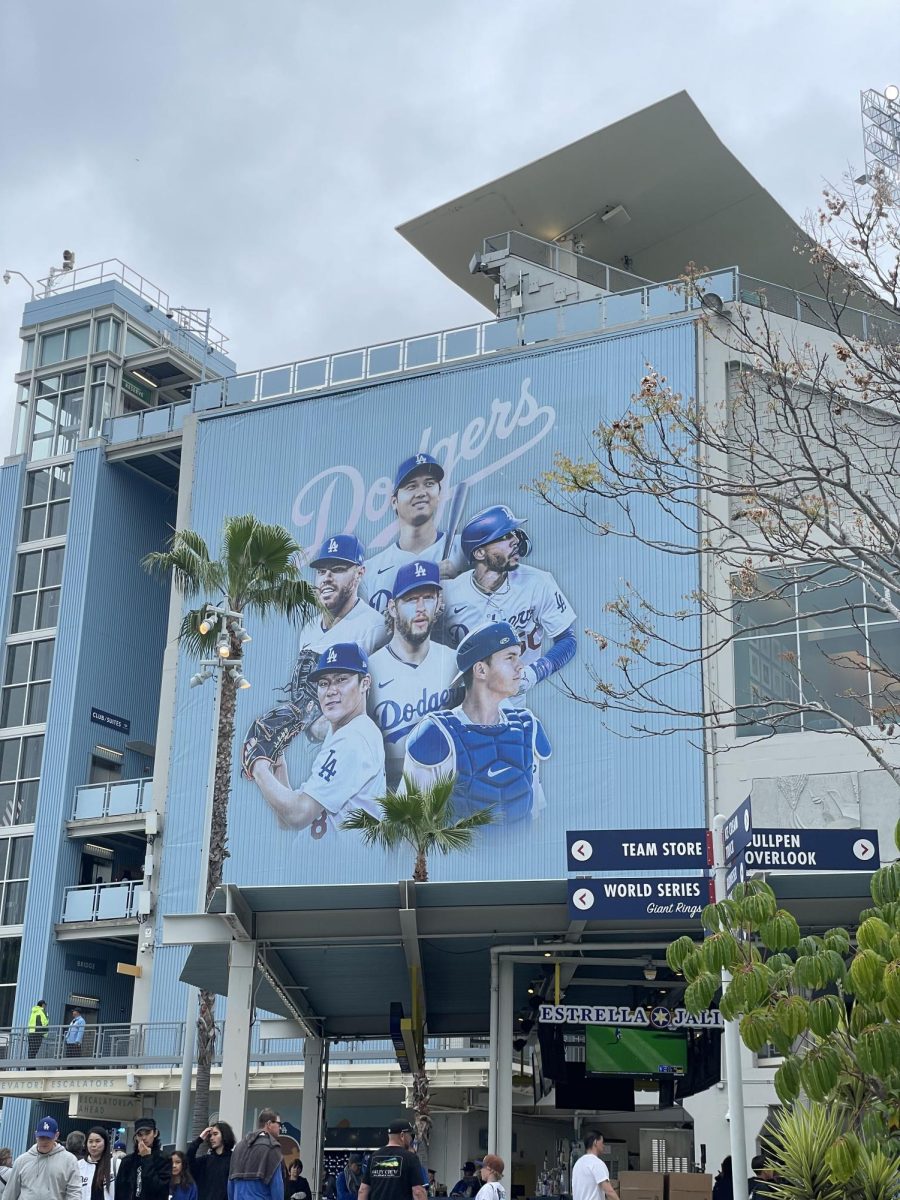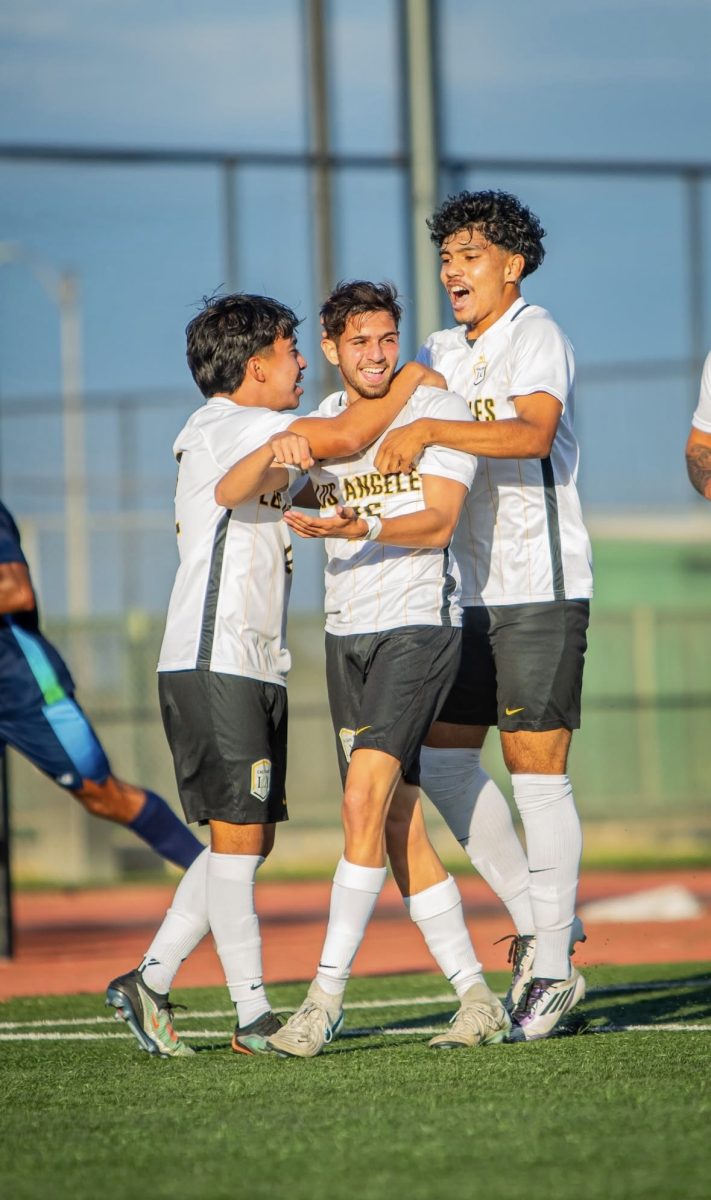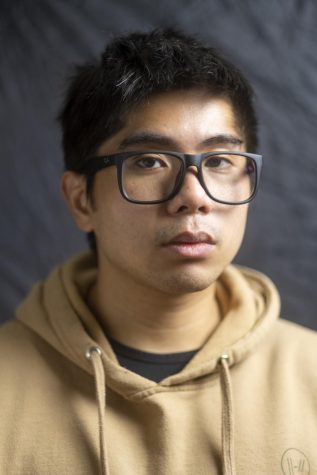Athletes have been becoming increasingly more open about their political views. From Colin Kaepernick’s kneeling protest to pro-Black Lives Matter jersey slogans worn by NBA stars Giannis Antetokounmpo and Devin Booker among many others, political protests have played a prominent part in recent sporting events. Very recently, the Women’s Tennis Association halted all events in China to call attention to tennis star Peng Shuai, who went missing after speaking out about sexual assault from a Chinese political figure and demanded a more transparent investigation after Shuai denied ever making the accusations. So how comfortable do Cal State LA athletes feel about expressing their political views?
“I do believe players or athletes can and should use their platforms to reach out for causes they believe in and should not feel oppressed to not stand for something just because they play a sport or represent a team,” said Morten Bjoershol, a senior and the California Collegiate Athletic Association (CCAA) Defensive Player of the Year for soccer. “I believe everyone should be free to express themselves, and athletes are blessed to have a great platform to do so.”
Other players expressed a more wary approval, such as sophomore defender Simon Johansen. Johansen supports the protests themselves but has concerns about the damage the movements could do to the atmosphere of sports.
“For me, soccer is all about the love for the game, not a platform for politics,” he said. “I support the movements, but it shifts the focus away from the love of the sport.”
Despite the widespread existence of protest or political speech in sports recently, strong opponents of the movement make arguments about an athlete’s duty.
Laura Ingraham of Fox News expressed the beliefs of many sports fans who are not fond of political expression by leading the “shut up and dribble” movement. Her reasoning states that the role of athletes is to serve as “entertainers” of people with varying political affiliations. Therefore, political speech in sports should be discouraged or disallowed.
Junior forward Lucas Rosales of the men’s soccer team explained his views on the flaws of the anti-political speech argument.
“I think that by arguing athletes as being ‘entertainers,’ they [athletes] are being objectified,” said Rosales. “Athletes are people too, and their voice is as valid as anyone else’s. Their occupation allows them to influence many others in a positive way and can help bring awareness to many political issues.”
Rosales’ views coincide with the beliefs of women’s soccer head coach Erik Garcia, who supports the idea that athletes have a basic right to political speech.
“As a human being, you have every right to choose how you want to express yourself,” said Garcia. “If that’s being supported by the institution you play for, then great. If it’s not supported by the institution you play for, then that’s something [the institution has] to come to terms [with]. If that particular individual decided that he wanted to do that, then that’s his right.”
Many Golden Eagle athletes agreed that such expression is a fundamental aspect of sports that fans must accept and expect.
“Athletes are not only athletes,” said Rosales. “They are family, friends and a part of the community who can offer a fundamental aspect that can benefit society.”
Despite supporting the notion, CCAA Goalkeeper of the Year and junior Alvaro Unanua stressed the importance of athletes being aware of their power when protesting.
“As a ‘famous’ athlete, you should [be careful] what you [protest] because of all your followers and supporters,” said Unanua.
Players also considered the idea that political speech in sports was more than acceptable, but even possibly beneficial for society. In a world increasingly divided by political affiliation, sports remain one of the last significant gathering places for people on both sides of the aisle.
Athletes using their platform to protest could potentially expose many fans to beliefs that they are not normally exposed to.
CCAA first teamer and senior Gonzalo Talavera believes that encouraging political expression could be contrary to the core of the sports atmosphere.
“This is not the essence of it [sports],” he said.
“I hope not to see political issues divide people in sports, so I don’t agree with that,” said Bjoershol. He does not want to risk seeing yet another part of American society become a political debate.
Senior David Elizaga, another CCAA first teamer on the stacked Golden Eagles roster for soccer, said he would be open to politics being present in sports if it was presented as less divisive and more eye-opening.
Rosales also appreciates the view of political speech in sports as an aid to society.
“What is so wonderful about sports is that it brings people together from many backgrounds,” he said. “Sports provides a platform that can show many diverse people how politics influence communities and bring awareness to many issues.”
The players and Garcia discussed their own decision to use their platform for political speech. Garcia and most of the players decided to refrain from engaging in protest within their sport’s world, but some have considered it.
Bjoershol considered the effect that political speech would have now as a college athlete compared to the platform he could have if he became a professional. Bjoershol said he aspires to do so for a cause he is passionate about in the future, but he doesn’t consider his current college athlete platform large enough to do so.
Rosales considers himself an athlete currently engaging in political expression.
“I know that as a college athlete I have a responsibility to be an example for my community,” he said. “I do my best to be an inspiration for others and bring awareness to political issues that I am knowledgeable about.”
Similar to Rosales, Bjoershol believes that protests should be about personally important issues.
“I believe it needs to be sincere and from the heart, a real passion for [those] political issues,” said Bjoershol.
Cal State LA athletes’ awareness of the need for a significant cause to protest is a good sign for Garcia, who would allow that if one of his players wanted to protest.
“We encourage our student athletes to be adults, [to] be responsible,” said Garcia. “If they’re going to make a choice like that, they understand why they’re making it. It’s not just because they’re following what someone else is doing, but [because] they definitely understand why they’re doing it.”
While well-known athletes certainly can be great activists, Rosales said that even those who don’t seem to have any platform at all, like many Cal State LA students, can still effect change.
“I think it’s also important to understand that you don’t have to be a famous athlete to make an impact in your community, and there are many ways to bring awareness to political issues,” he said. “This includes voting, educating yourself and others on certain issues, joining organizations that share your views, using your voice and [social media] platform, and much more.”
Everyone’s right to express their beliefs and be an activist remains protected through Cal State LA.

